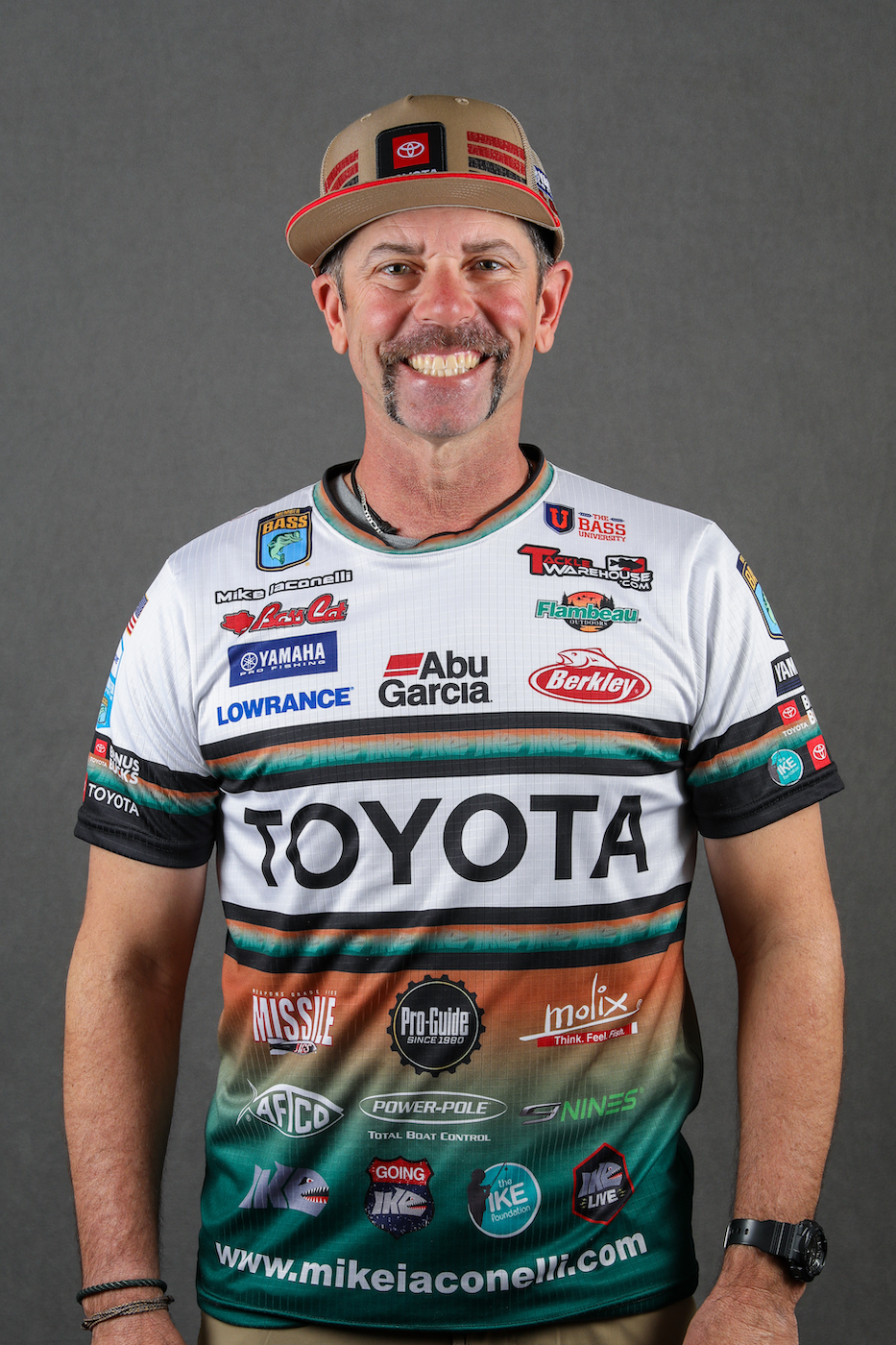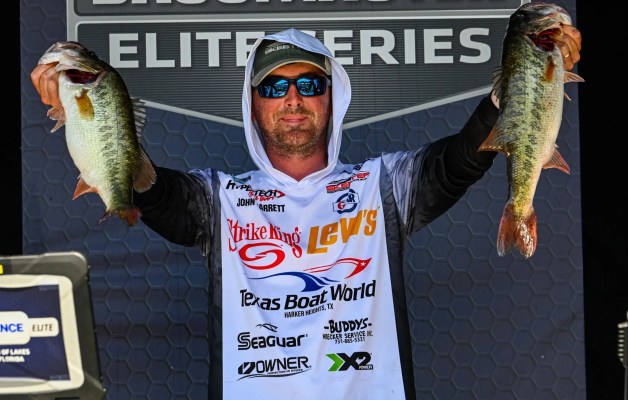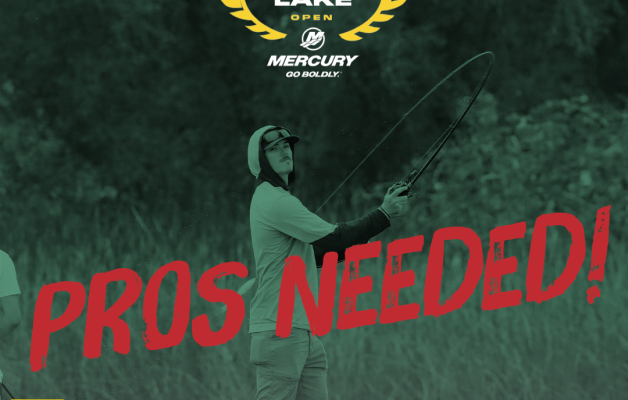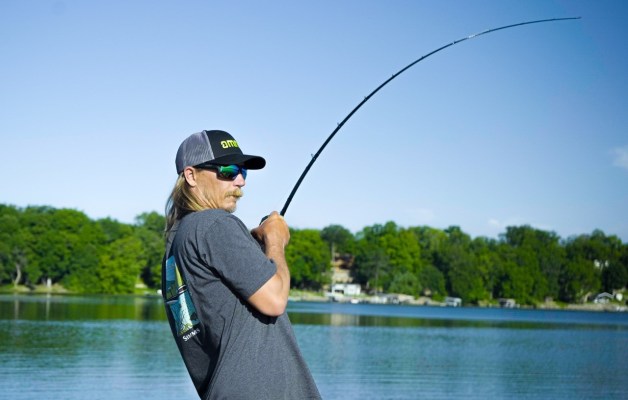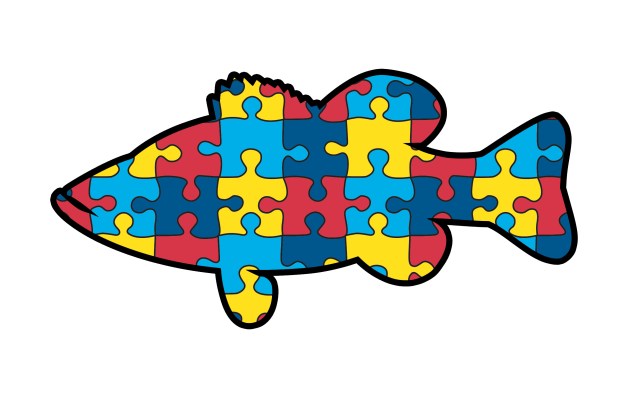I’m writing this one a little early. I think I told you I’m in Maine fishing another tournament. I’m not sure when that’ll be over. It all depends on the fish, you know.
Becky’s out today with the kids. They’re driving around looking for a moose. I hope she means in a zoo or somewhere like that. I’d hate to think she’s trying to find one with her car. That’d be a mess. Those things are massive.
Once we get back home I’m going to try to relax for a few days before I start to get ready for our postseason. I’m really looking forward to that. It’s a great format, and one where there’s enough on the line to cause us all to sweat. Besides, I’m fishing better and the venue sounds like my kind of place.
Once that’s over I’ll start working with my sponsors on next year’s contracts and hopefully on some new products I’ve been thinking about. I can’t say I particularly like the contract part of it but I really do like the product development part. That’s my second favorite part of our sport. (The first part is catching big fish around the country.)
In between that I’ll be fishing a couple of sponsor events, doing some media work, working on The Bass University and getting ready for the 2015 Bassmaster Classic.
I want to spend the rest of this column talking about one of my favorite things — the importance of education in fishing. I know I’ve talked about it before but I want to make sure my thoughts are clear and out there for all to see and read.
This is not about The Bass University. Sure, I’d love it if you attend or join our online program. But, and I truly mean this, regardless of where you get your information make sure you get it. It’s really the only way to get better at this wonderful thing we call fishing.
True education involves much more than simply knowing when bass are most active or what water temperature triggers their spawn. For instance, how many of you have looked at your crankbaits and figured out just how deep they run with various types of line? Have you made a chart that you can refer to when you’re on the water and need a bait to go up or down a ways?
Putting something like that together doesn’t cost a penny. You don’t have to go to school to learn it. Everything you need is on the Internet. Just look it up. It won’t be perfect — nothing replaces on the water experience — but it’s a whole lot better than taking a blind guess in the middle of your fishing day.
You can do the same thing with line. Why guess, or rely on gossip, when you can get the facts? Every manufacturer has their line characteristics posted on their website. Take advantage of that.
What I just said about crankbaits and line is true for every piece of equipment you own and most of what you want to know about bass and whatever lake or river you’re fishing.
Perhaps the best place to get information is on this site. The how-to articles and the columns contain a wealth of information. Read everything that’s posted.
Be informed. It makes a difference.
Mike Iaconelli’s column appears weekly on Bassmaster.com. You can also find him on Facebook and Twitter or visit his website, MikeIaconelli.com.

